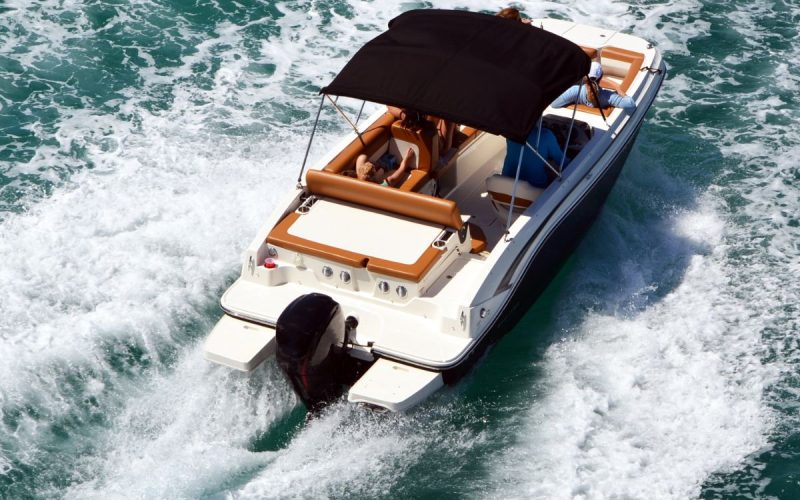Congratulations on your new boat! As you prepare to embark on your first nautical adventure, there are five important things new boaters must know before they set sail.
Obtain Your License and Registration
First off, we need to talk about paperwork. Yes, it’s as thrilling as watching paint dry, but it’s a crucial step.
Your boat, like your car, must be registered, and it’s important to note that the exact process varies by state. Check with your local Department of Motor Vehicles, or possibly the Department of Natural Resources, about boat registration.
Most states also require you to complete a boating safety course. Your certificate of course completion serves as your license in most states.
Once you have your certificate, keep it on board. Otherwise, you might be looking at some hefty fines or even having your shiny new vessel impounded.
Never Drive Uninsured
Next up, insurance. You wouldn’t drive your car without insurance, would you? The same applies to your boat.
Accidents can happen, even on the serene waters. However, boat insurance can protect you from out-of-pocket costs if you damage another boat or injure another boater.
Boat insurance also covers things that auto insurance does not. This may include damage from fuel spills or damage to your boat trailer.
Theft, vandalism, and weather-related damage are also usually covered, but you must verify the exact coverage with your insurance provider. Boat insurance is an investment that offers peace of mind, allowing you to enjoy your time on the water without worry.
Determine Where You Will Store Your Boat and How You Will Transport It
You have the boat, but where are you going to put it? And how will you transport it there?
Storage and transportation are two aspects of boating that often catch newbies off guard. Be sure to figure out where you’re going to moor and store your boat and how you’re going to get it to and from the water. Generally, unless you live on a beach with warm weather all year, you’ll need a trailer.
Keep Life Preservers and Safety Equipment Onboard
It’s great if you’re a strong swimmer, but no matter how good your butterfly stroke is, you still need life preservers and other safety equipment on board.
At a minimum, you should have enough life jackets for everyone on board, fire extinguishers, flares, and a first aid kit. These items are non-negotiable and can mean the difference between a minor mishap and a major disaster.
In addition to having the right equipment, you must make sure your boat battery is charged. You don’t want to find yourself stranded with a dead battery when the weather turns foul.
Know the Rules of the Water
Finally, you need to familiarize yourself with the rules of the water. These will be covered in your boating safety course, but they can vary by waterway.
Make sure you’re clear on distress signals, as well as speed and wake restrictions. You must also be aware of environmental rules, including knowing the differences between traditional outboard motors and electric boat motors.
These are just five important things new boaters must know; you’ll continue to learn from more experienced boaters as you venture out on the water. Take it slowly at first, until you know how your boat handles and what the conditions are like in your top-choice harbor and waterway.

